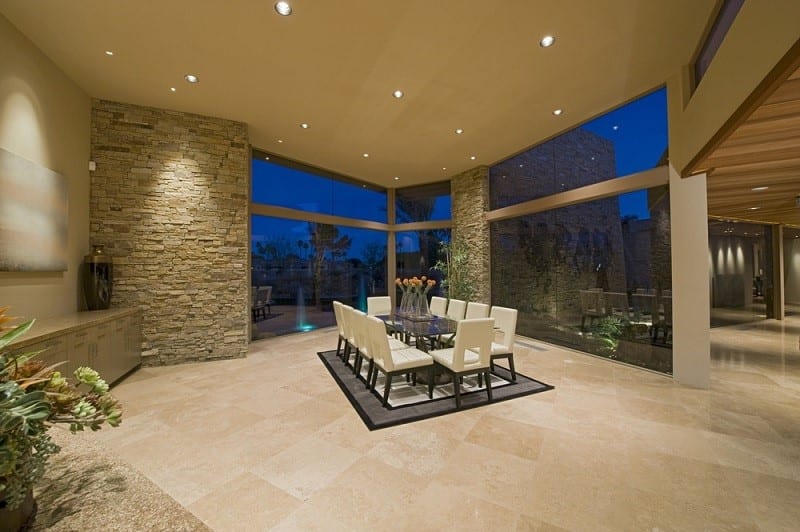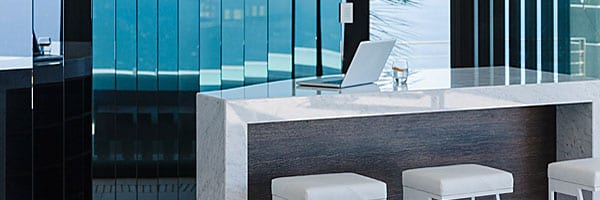Vinyl flooring is a type of plastic material that is sold in the market as tiles or sheets. Vinyl tiles are usually sold as 12 inches’ square. When compared to sheet flooring the installation of the vinyl tiles is slightly different. While vinyl sheets are usually installed by flooring experts vinyl tiles are usually installed by do-it-yourselfers.

Vinyl Tiles
Vinyl tiles can be made up of a composite which is a mixture of clay, mineral fibers and vinyl. Sometimes the composite contains solid vinyl for more durability. People should go for a good flooring material because the labor for installing the flooring is costlier unless the flooring job is done by the user. High-quality vinyl tiles are thicker than other materials that are used to manufacture tiles. Vinyl also helps in repelling spills and dirt.
Why Is Vinyl Preferred Over Urethane?
Urethane wear layer can withstand a lot of foot traffic and can promise the user that wax will be formed on the surface of the floor. However floors made of urethane lose their shine eventually. Vinyl tiles are more resistant to stains. If durability is more important to the client then he/she should choose commercial vinyl tiles. Vinyl flooring comes in smaller palettes and is extremely hard on the surface.
Vinyl tiles can be applied to a variety of smooth, clean and flat surfaces. Also they can be applied over floors like vinyl, linoleum or wood (since older resilient floor contains adhesive and asbestos which become toxic if they are exposed to air old floors are left in place and covering them is one of the common practices that are followed in the market). The floor installation expert should be sure that the subfloor is totally smooth. Nail heads, bumps and seams will eventually show up on the surface.
Some Tips to Choose the Perfect Vinyl tiles

Perfect Vinyl tiles
Durability
Usually manufacturers make vinyl tiles using a synthetic chemical that is known for resilience and strength. There are few types of vinyl tiles that are far stronger than the other types. The higher quality vinyl tiles are thicker when compared to lower quality vinyl tiles. The diverse types of tiles should be compared against each other by holding one type of tile in each hand. The tiles that are thicker are usually more durable and rigid and can hold all the members of the households of children and pets and can withstand kitchen hazards like spills and stains.
Finish
The topmost layer of the vinyl layer is usually covered with urethane, no-wax or enhanced urethane. This helps in protecting the tiles against spills and stains. These tiles need not be polished or buffed. The no-wax vinyl tiles are usually the least expensive and suits well for kitchens that have a lot of traffic. The urethane layers can resist scuff marks in a better manner when compared to the no-wax versions which can be cleaned very easily. Vinyl tiles strengthened using urethane are the most resistant to scratches. They help the tiles in keeping their original shine. However enhanced urethan vinyl tiles are costly when compared to the other types of vinyl tiles.
Warranty Information
Once the user narrows down the flooring for a certain room to a few options the user must determine the type of warranties offered by the various companies. These warranties range from three years to twenty-five. Tiles that are provided with the urethane finish are usually given a greater warranty timeline when compared to the other types of vinyl tiles. The user should ensure the vinyl tiles supplier should offer a warranty.
Justin Jersey is a journalist, stylist and blogger. He is a aesthetician by heart who often writes about Art, Fashion, decorating and DIY ideas. He loves sparking creativity and giving them ideas for their own spaces.














Comments are closed.